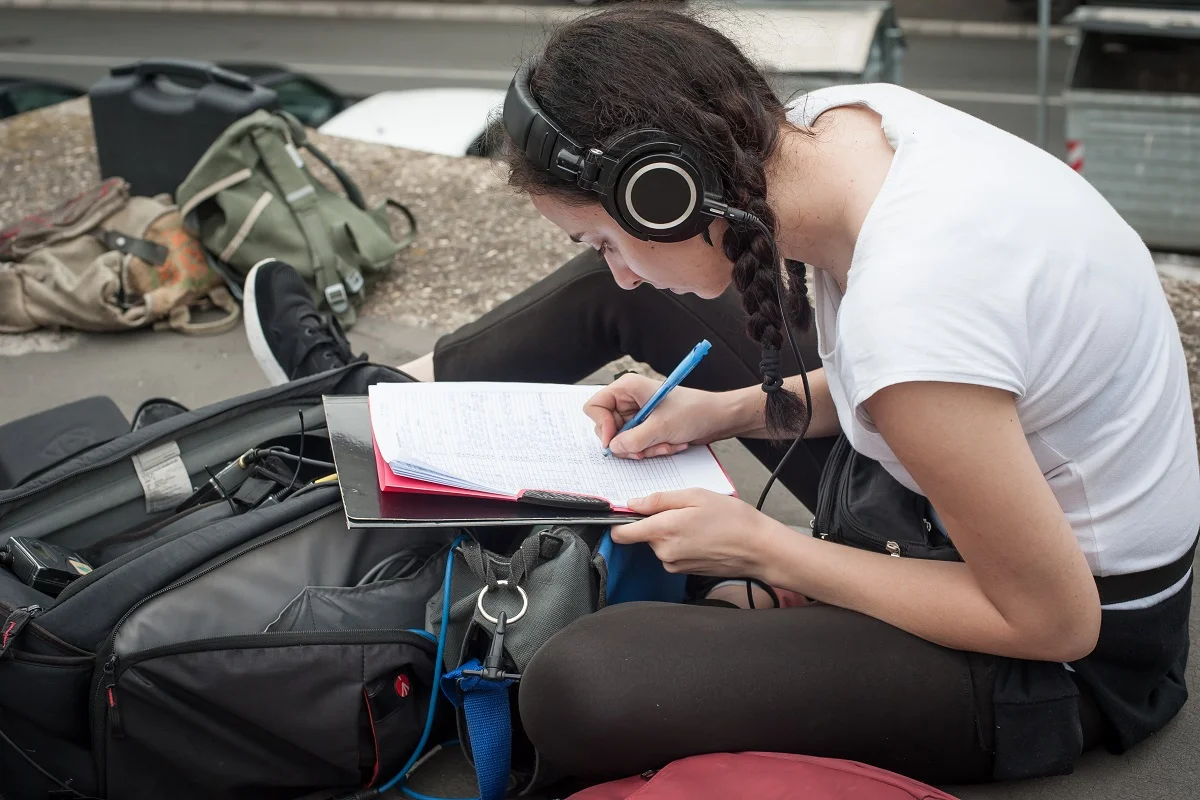Journalism Amid Media Censorship: Navigating the Changing Landscape
In today’s digital age, journalism plays a crucial role in informing the public and holding those in power accountable. However, the rise of media censorship has posed significant challenges for journalists worldwide. From government restrictions to corporate influence, the ability to report unbiased news has become increasingly difficult. In this article, we will explore the concept of journalism amid media censorship, the impact it has on the industry, and how aspiring journalists can navigate this changing landscape.
Understanding Media Censorship
Media censorship refers to the control or suppression of news, information, or ideas by governments, organizations, or individuals in order to manipulate public opinion or protect their own interests. It can take various forms, such as direct government intervention, self-censorship by media outlets, or corporate influence over editorial decisions. Regardless of its form, media censorship poses a threat to journalistic integrity and the fundamental principles of a free press.
Challenges Faced by Journalists
One of the most significant challenges journalists face amid media censorship is the restriction of information flow. Governments and powerful entities often seek to control the narrative by limiting access to certain facts or events. This can result in a skewed representation of the truth and hinder journalists’ ability to provide accurate and unbiased reporting. Aspiring journalists must be aware of these challenges and find ways to navigate them while upholding their professional ethics.
Impact of Media Censorship
The impact of media censorship on journalists is far-reaching. It can lead to self-censorship, where journalists avoid certain topics or stories out of fear of reprisal. This compromises the integrity of their work and undermines the public’s trust in the media. Additionally, journalists may face threats to their personal safety, including harassment, imprisonment, or even violence, for reporting on sensitive issues. These risks further highlight the importance of understanding and addressing media censorship in journalism.
Strategies to Navigate Journalism Amid Media Censorship
Despite these challenges, there are ways for aspiring journalists to navigate the changing landscape of journalism amid media censorship. Here are some strategies to consider:
- Seek alternative sources of information: In a censored media environment, it is crucial to look beyond mainstream sources. Independent and international news outlets often provide a more comprehensive and unbiased perspective on global events.
- Develop digital literacy skills: In an era of misinformation and fake news, it is essential for journalists to critically evaluate the credibility of online sources. Fact-checking and verifying information before reporting is crucial to maintaining journalistic integrity.
- Embrace investigative journalism: Investigative journalism plays a vital role in uncovering hidden truths and exposing corruption. By digging deeper and pursuing in-depth stories, journalists can counteract the effects of media censorship.
- Build a strong network: Collaborating with other journalists and media organizations can provide support and protection when facing censorship. Building connections within the industry can also open doors to alternative platforms for sharing information.
- Utilize digital tools and platforms: The internet and social media have become powerful tools for disseminating information. Journalists can leverage these platforms to reach a wider audience and bypass traditional media gatekeepers.
- Stay informed about media regulations: Understanding the legal and regulatory landscape surrounding media censorship is crucial for journalists. Knowing their rights and the limitations imposed by authorities can help them navigate potential challenges.
Conclusion
Journalism amid media censorship presents significant challenges for aspiring journalists. However, by staying informed, embracing investigative journalism, and utilizing digital tools, journalists can continue to uphold the principles of a free and independent press. It is crucial for aspiring journalists to be aware of these challenges and find ways to navigate them while maintaining their professional integrity.
Remember, journalism is a critical pillar of democracy, and it is our collective responsibility to protect and support the journalists who strive to provide accurate and unbiased information in the face of media censorship. By staying informed and adapting to the changing landscape, aspiring journalists can contribute to a more transparent and accountable society.
Key Takeaways:
- Media censorship poses significant challenges for journalists in today’s digital age.
- Restriction of information flow and self-censorship are common issues faced by journalists amid media censorship.
- Media censorship can have far-reaching impacts on the integrity of journalism and journalists’ personal safety.
- Strategies such as seeking alternative sources, developing digital literacy skills, embracing investigative journalism, building a strong network, utilizing digital tools and platforms, and staying informed about media regulations can help aspiring journalists navigate the changing landscape.
- Upholding the principles of a free and independent press is crucial for a transparent and accountable society.
To further enhance your knowledge and skills in modern journalism, consider enrolling in the NYU | Modern Journalism online course and certificate program offered by Yellowbrick. This program provides valuable insights, practical skills, and industry connections to help you thrive in the evolving field of journalism. Take the next step towards your journalism career by exploring the opportunities offered by NYU | Modern Journalism.








